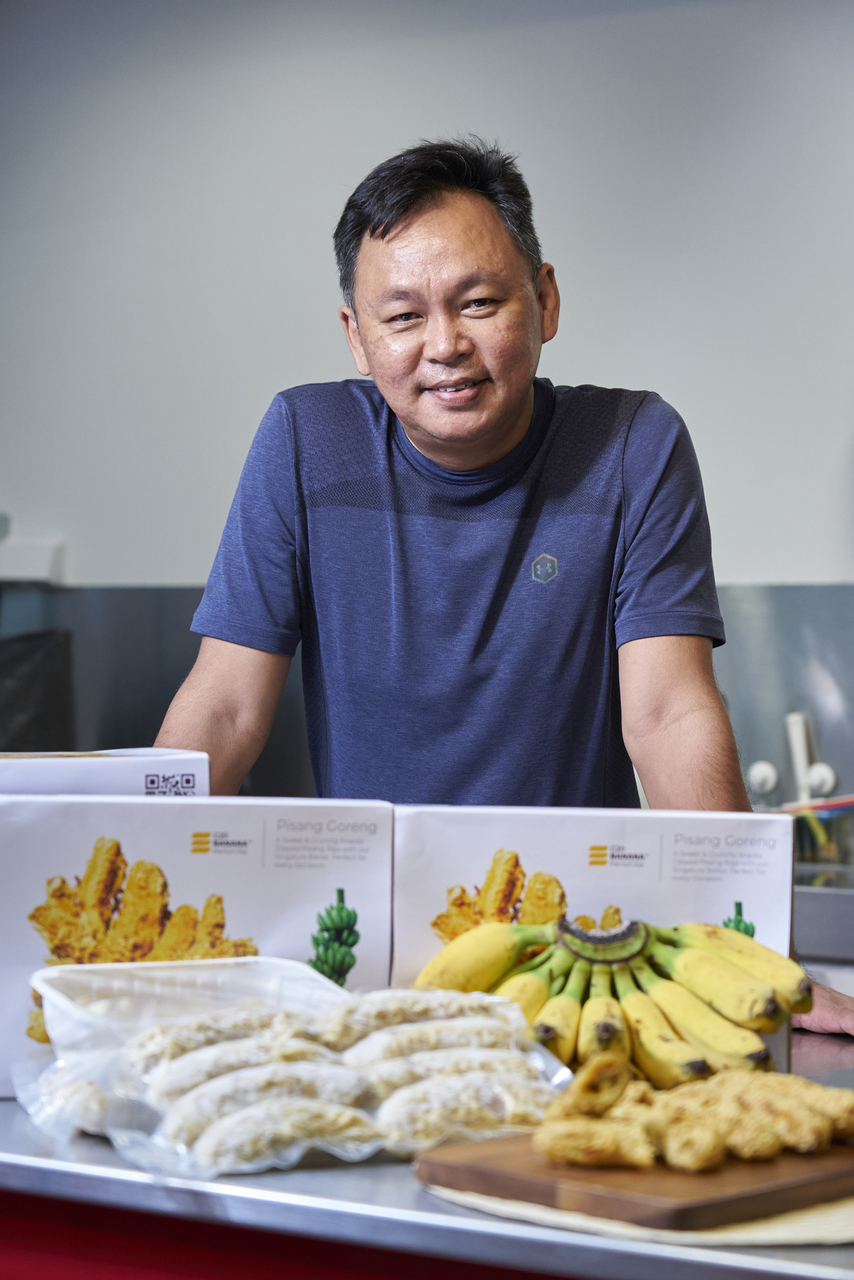S'pore SMEs overcome manpower constraints with digitalisation, survey finds
Sign up now: Get ST's newsletters delivered to your inbox

Along with cost increases, availability of suitable manpower and inflationary pressures are the top three business challenges.
PHOTO: ST FILE
SINGAPORE - Most businesses here expect to be profitable this year, but cite rising costs as a top concern. However, they see digitalisation as a way to overcome manpower constraints.
These were key findings from the annual business survey conducted by the Singapore Chinese Chamber of Commerce and Industry (SCCCI) between June and August. About 90 per cent of the more than 1,000 respondents were small and medium-sized enterprises (SMEs).
Sharing the survey results at SCCCI's SME and Infocomm Commerce Conference (SMEICC) at Suntec Convention and Exhibition Centre on Tuesday, SCCCI president Kho Choon Keng said businesses were generally recovering from the impact of the Covid-19 pandemic, with 38 per cent of the respondents projecting that their revenues would increase, compared with 26 per cent last year.
Of the firms surveyed, 72 per cent also forecast that they would turn a profit this year.
However, 75 per cent indicated that they faced rising business costs, compared with 57 per cent last year. Along with cost increases, availability of suitable manpower and inflationary pressures are the top three business challenges, the survey found.
To reduce their manpower needs, 54 per cent of respondents said they would transform, automate, and/or digitalise their businesses.
About 68 per cent have also applied for government assistance schemes, particularly in the areas of digitalisation and technology adoption; hiring, developing and retaining employees; and business transformation and innovation.
"While the external environment remains volatile and uncertain, our companies must continue to transform, innovate and upgrade their capabilities to weather the challenges ahead," said Mr Kho.
Speaking at the bilingual conference, Minister for Communications and Information Josephine Teo touched on the importance of reinvention, resilience and repositioning for companies to achieve digital transformation.
On reinvention, she shared that to date, more than 10,000 SMEs have used the Chief Technology Officer-as-a-Service (CTO-as-a-Service) platform to access resources and support in going digital.
This is a one-stop self-help platform by the Infocomm Media Development Authority with over 450 solutions for SMEs to plug their digital gaps. They can also seek customised advice from digital consultants.
On resilience, she said while digital technologies bring about tremendous opportunities, they can also be a problem if cyber-security risks are not managed.
Initiatives such as the Cyber Trust mark and Cyber Essentials mark, as well as the Data Protection Essentials Programme, help maintain cyber-security and data protection standards.
"At the broader level, it will also build enterprise resilience against threats when going digital, and foster greater trust in our digital economy," she said.
On repositioning, Mrs Teo said SMEs will have to prepare themselves for the future of digital technologies, which will likely feature some version of Web 3.0, the metaverse, and much more pervasive use of artificial intelligence.
Mr Alan Lee, 49, owner of G20 Banana which sells goreng pisang (banana fritters) at Old Airport Road hawker centre, is one of those who used CTO-as-a-Service to set up an e-commerce platform to go global.
He told The Straits Times that with digitalisation, he will be able to sell ready-to-cook frozen goreng pisang to China and Taiwan by the end of the year.
Madam Clara Goh, senior project manager at Moh Sim Wood Products in Eunos, said going digital can help the company reduce its manpower needs by about 30 per cent.
The 42-year-old told ST that manpower costs had risen by 50 per cent and that it was hard to get new hires in the construction industry.

The company, which has been manufacturing timbre doors and furniture for the past 37 years, has more than 60 employees.
It is automating and integrating its manual operations so that data can be exchanged seamlessly between its online sales, inventory and service order systems. This frees up to 30 per cent of its staff to engage in more value-added functions such as customer care and research and development.
Into its 25th year, SMEICC features more than 60 local and overseas speakers, including entrepreneurs, technology experts, management gurus and thought leaders who share insights on business issues relevant to SMEs. Dr Kai-Fu Lee, a renowned expert in the field of artificial intelligence, was the keynote speaker this year.
The two-day conference, taking place on Tuesday and Wednesday, has attracted more than 3,000 participants.


